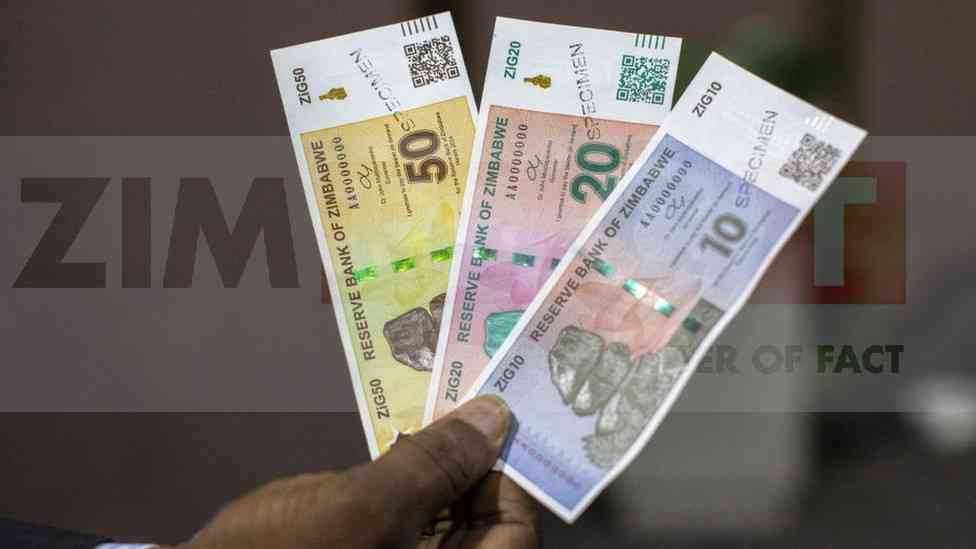
Thousands of policyholders saw billions of United States dollars worth of savings wiped off during drastic currency shifts in 2009.
INSURERS made frantic efforts to calm the nerves of shocked policyholders as jitters returned to haunt markets after the introduction of Zimbabwe Gold (ZiG) in April, with authorities battling to bring order to a turbulent landscape, policymakers said this week.
Thousands of policyholders saw billions of United States dollars worth of savings wiped off during drastic currency shifts in 2009.
Since then, indications of potential changes to Zimbabwe’s functional currency have always ended in trepidation.
In a way, apprehension over potentially deadly upheavals by 419 818 policyholders on the Insurance and Pensions Commission of Zimbabwe (Ipec)’s books during the six months ended June 30, 2024 may have been warranted.
The gold-backed ZiG plummeted by a hefty 43% during one drama-filled day on September 27, as negative fundamentals exerted pressures on a currency that had teetered since launch.
On the capital markets, insurers promptly reassessed investment strategies for mechanisms to defend assets indexed in the region’s only gold-backed currency .
Ipec spoke days after spent-thrift authorities moved to impose wide-ranging cutbacks in government spending, applying the breaks on forex-guzzling global trips by jet-setting top dogs, saying ZiG’s depreciation had stifled the fiscal space.
The Zimbabwe Independent reported in October that banks were blaming frequent shifts to Zimbabwe’s functional currency, as first half financial statements showed billions of ZiG had been wiped off revenues, following massive distortions.
Ipec described ZiG’s introduction as “momentous”, but added that this had “sent ripples throughout the economy and has had a profound impact on the insurance and pension landscape”.
“The immediate challenge for the sector was the need for resources to convert assets and liabilities from Zimbabwean dollars to ZiG,” Ipec said in its report titled “Short Term Insurance Industry Report”.
“This process required meticulous revaluation and recalculation of policy benefits, premiums, and reserves. The process called for accuracy to avoid prejudicing policyholders to maintain policyholder trust and ensuring the financial stability of insurers and pension funds. The introduction of a new currency naturally raised concerns among policyholders about the value and security of their policies,” Ipec said.
“The ZiG introduction has prompted a reassessment of investment strategies for insurance companies and pension funds. The search for stable, inflation-hedging investments has become paramount to safeguard the long-term interests of policyholder funds. The introduction of ZiG has presented both challenges and opportunities. The sector’s ability to navigate the complexities of currency conversion, maintain policyholder confidence, and adapt investment strategies will be critical for its resilience and growth. As the economy continues to adjust to the ZiG, ongoing monitoring and strategic decision-making will be essential for the sector’s success in the coming months and years,” it added.
Ipec said during the first half direct short-term insurers reported consolidated insurance revenue amounting to ZiG1,19 billion. Ipec noted that in terms of foreign currency business, direct short-term insurers reported insurance revenue amounting to US$88,78 million.
It added that the consolidated insurance revenue by short-term reinsurers amounted to ZiG1,03 billion during the review period.
“The reinsurance sector recorded total revenue amounting to ZiG1,23 billion for the period under review, with 84% and 16% accounting for insurance and investment activities respectively,” Ipec added.
l The exchange rate as June 30, 2024 was US$1:ZWG13,7.





